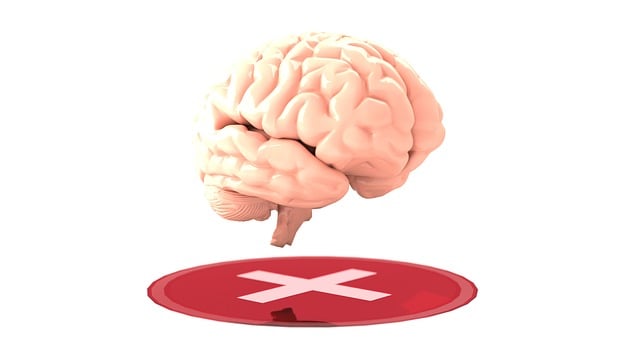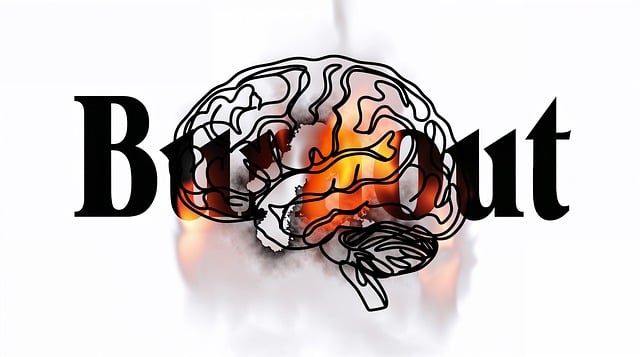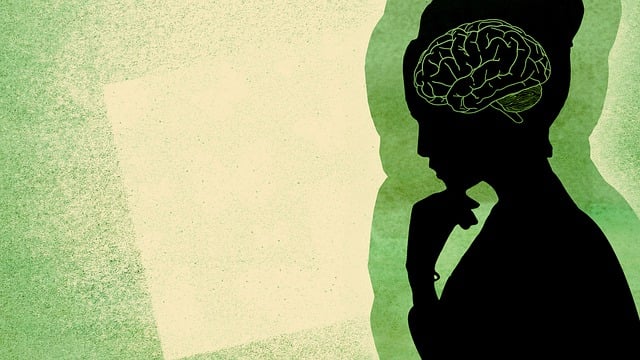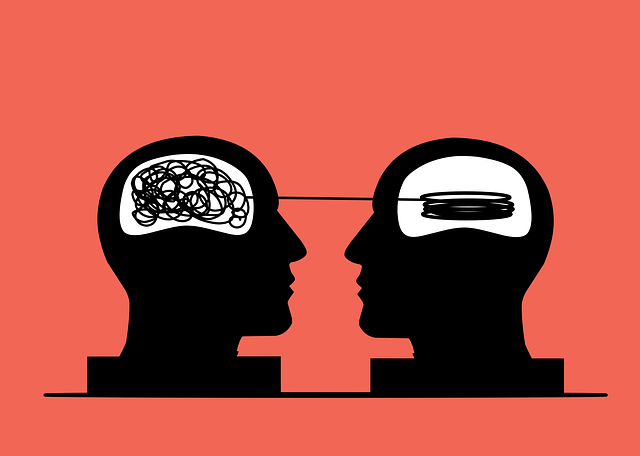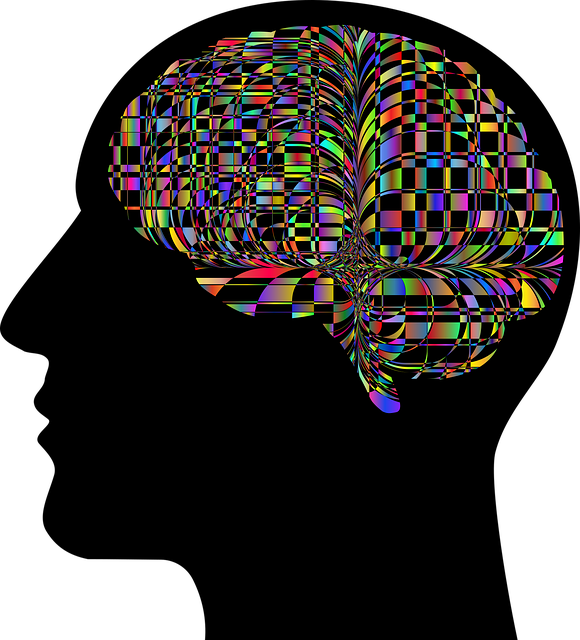Wheat Ridge Men's Issues Therapy focuses on developing coping skills to help men navigate stress and anxiety by addressing emotional vulnerabilities tied to masculine stereotypes. Through communication, conflict resolution, and empathy-building exercises, individuals learn effective strategies for managing triggers and stressors. Cognitive-behavioral techniques, mindfulness meditation, and emotional healing processes empower clients to build resilience, achieve mental balance, and overcome challenges, enhancing overall well-being in a fast-paced world. Programs like Stress Management Workshops cater to healthcare professionals, preventing burnout and fostering resilience.
Coping skills development is a vital aspect of men’s mental health, especially in the context of Wheat Ridge mens issues therapy. Understanding and cultivating effective coping strategies can significantly enhance overall well-being and resilience. This article delves into essential components like identifying personal triggers, exploring cognitive-behavioral techniques, building resilience, and integrating mindfulness for long-term emotional balance. By mastering these skills, men can navigate life’s challenges with greater ease and promote their mental health in meaningful ways.
- Understanding Coping Skills and Their Significance in Men's Therapy
- Identifying Personal Triggers and Stressors: A Cornerstone of Coping Strategies
- Cognitive-Behavioral Techniques for Effective Coping
- Building Resilience: A Key Component of Coping Skills Development
- Integrating Mindfulness and Emotional Regulation for Long-Term Wellbeing
Understanding Coping Skills and Their Significance in Men's Therapy

Coping skills are essential tools for men navigating various life challenges, particularly when they seek therapy for issues related to Wheat Ridge Mens Issues Therapy. Understanding and developing effective coping strategies can significantly enhance therapeutic outcomes. These skills empower individuals to manage stress, regulate emotions, and overcome obstacles in a healthy manner. In the context of men’s therapy, coping mechanisms play a pivotal role in addressing emotional vulnerabilities often associated with masculine stereotypes.
Through communication strategies, conflict resolution techniques, and empathy-building exercises, men can learn to express their feelings openly, resolve internal or external conflicts constructively, and foster deeper connections with themselves and others. These tools are vital for personal growth, as they enable individuals to adapt to life’s demands, improve overall well-being, and build resilience against potential setbacks.
Identifying Personal Triggers and Stressors: A Cornerstone of Coping Strategies

Identifying Personal Triggers and Stressors is a fundamental step in developing effective coping strategies. This process begins with introspection—a careful examination of one’s thoughts, emotions, and behaviors. By understanding what specifically triggers feelings of stress or anxiety, individuals can start to recognize patterns and gain control over their reactions. For example, a person struggling with mental health issues might realize that certain situations or interactions at work consistently cause heightened levels of stress, leading to anxiety attacks.
This awareness allows for proactive measures, such as learning relaxation techniques, seeking support from peers or professionals like those available through Wheat Ridge Mens Issues Therapy, and even implementing changes in one’s environment or routine. Incorporating practices focused on mental health policy analysis and advocacy can also empower individuals to advocate for systemic changes that reduce stressors on a larger scale. Additionally, building inner strength through self-care and mindfulness practices can help individuals effectively manage and overcome these triggers, ultimately leading to improved well-being and enhanced coping abilities.
Cognitive-Behavioral Techniques for Effective Coping

Cognitive-Behavioral Techniques for Effective Coping play a pivotal role in Wheat Ridge Mens Issues Therapy. These techniques focus on identifying and changing negative thought patterns and behaviors that contribute to stress, anxiety, and other mental health challenges. By challenging distorted thoughts and adopting healthier coping strategies, individuals can better navigate life’s difficulties. This approach encourages active participation in one’s recovery, fostering self-awareness and resilience.
In the context of Coping Skills Development, Cognitive-Behavioral Techniques offer practical tools for managing emotions and situations effectively. Public Awareness Campaigns Development and Mental Wellness Coaching Programs Development can further enhance these techniques by providing ongoing support and education. Through professional guidance, men can learn to recognize triggers, develop personalized coping mechanisms, and maintain mental balance, ultimately leading to improved overall wellness.
Building Resilience: A Key Component of Coping Skills Development

Building resilience is a cornerstone of coping skills development, an aspect that Wheat Ridge Mens Issues Therapy prioritizes in its approach to mental health care. It involves cultivating the ability to adapt and bounce back from challenges, setbacks, or traumatic events. By enhancing resilience, individuals can navigate life’s stormy periods with greater ease and flexibility. This process encourages folks to view obstacles as opportunities for growth rather than insurmountable hurdles.
Mindfulness Meditation and Emotional Healing Processes play significant roles in fostering resilience. These practices help individuals become more aware of their thoughts and emotions without judgment. Over time, this heightened awareness enables them to regulate their responses to stressful situations, thereby reducing the impact of anxiety and promoting a sense of calm. Additionally, incorporating techniques like mindfulness into daily routines can enhance overall well-being, providing much-needed tools for managing life’s inevitable ups and downs and offering lasting strategies for achieving Anxiety Relief.
Integrating Mindfulness and Emotional Regulation for Long-Term Wellbeing

In today’s fast-paced world, maintaining long-term wellbeing is a significant challenge, especially for individuals dealing with men’s issues in Wheat Ridge or beyond. Integrating mindfulness and emotional regulation strategies offers a powerful approach to coping skills development. Mindfulness practices allow individuals to cultivate present-moment awareness, enabling them to observe thoughts and emotions without judgment. This heightened self-awareness can significantly reduce stress levels and prevent the onset of burnout, which is particularly prevalent among healthcare providers as part of their professional experiences.
By combining mindfulness with emotional regulation techniques, individuals gain a deeper understanding of their emotional responses. This knowledge empowers them to manage intense feelings constructively, fostering resilience in the face of life’s challenges. Organizations like Stress Management Workshops focus on teaching these skills through various programs and initiatives designed to enhance burnout prevention strategies for healthcare providers—a demographic often at high risk due to their demanding professions. Resilience building is key to navigating life’s complexities and ensuring long-lasting mental health.
Coping skills development is a transformative process, especially for men seeking therapy in Wheat Ridge. By understanding and implementing effective strategies, individuals can navigate life’s challenges with resilience. This article has explored various techniques, from identifying personal triggers to cognitive-behavioral approaches and mindfulness practices, all crucial components of holistic mental health care. Embracing these coping mechanisms enables men to foster emotional regulation, enhance overall wellbeing, and lead more fulfilling lives.




